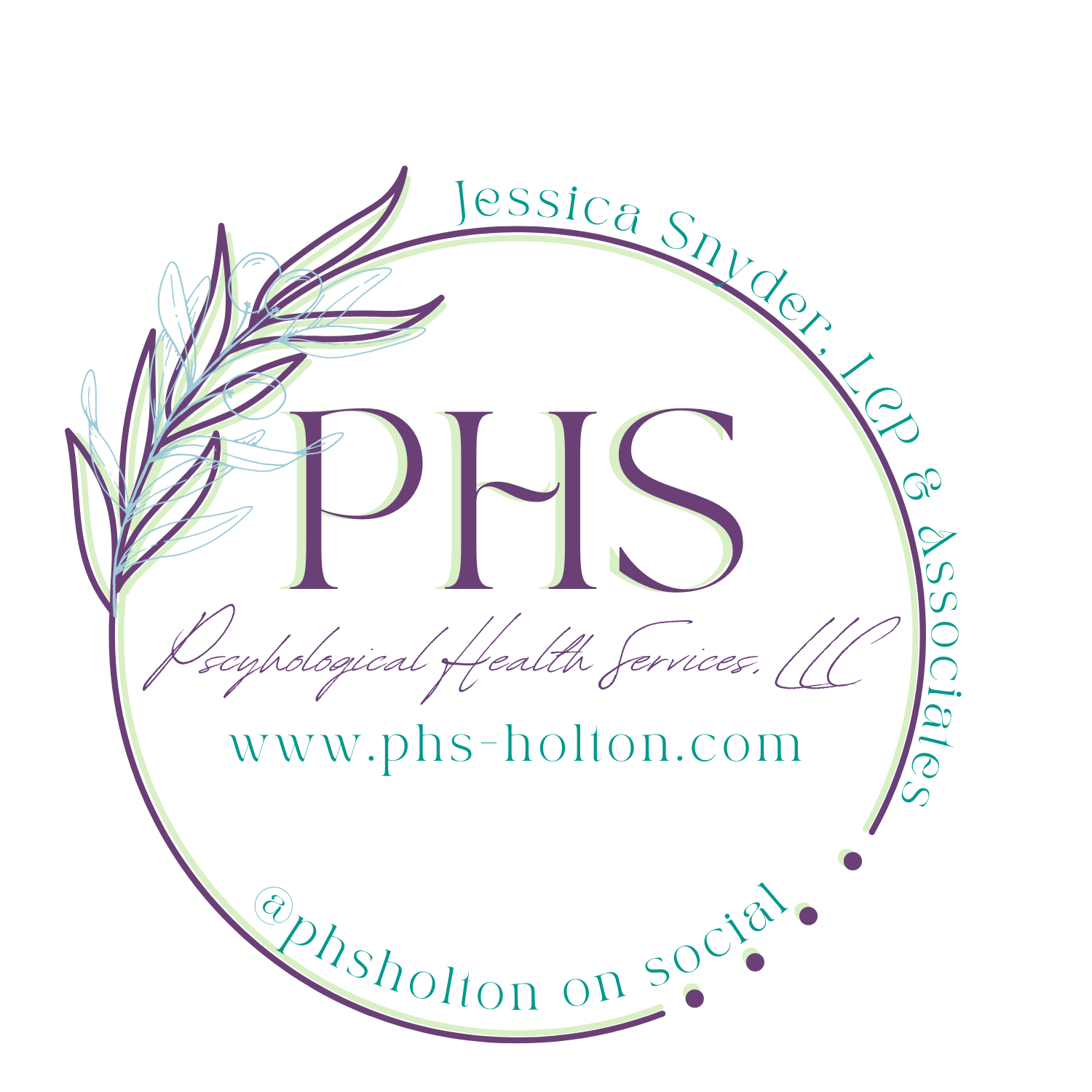Therapy for Depression
Depression is a common mental health concern. In 2016 the National Institute of Mental Health estimated that 16.2 million adults in the U.S. had at least one major depressive episode. Depression is different than periodic sadness. We all become sad at times-this sadness can even last for several days. Depression feels like a heavy sadness is felt most of the days for 2 or more weeks. This sadness often feels like the world is grayer and nothing is as enjoyable as it used to be. When depression settles in, people also often report having: difficulty maintaining good sleep, feeling tired all the time, feeling like their body is heavy and slow-moving, appetite and weight changes, feelings of worthlessness and hopelessness, stress from taking on guilt for everything that happens, and thoughts of wanting to die or thoughts of suicide. Depression is a commonly used term but is not a clinical diagnosis in itself. Several different types of depression fall under the title of Depressive Disorders. Knowing the kind of depression you have can help you and your health-care providers to treat it.
If you have struggled with some of the symptoms noted here, you may be experiencing a Depressive Disorder. The good news is that depression is also one of the most understood and researched mental health concerns. That means that we know a lot about how to treat depression. The most recommended treatment at this time is Cognitive Behavioral Therapy called “CBT” for short. This type of therapy teaches you to identify unhelpful thought patterns, challenge them, and change them into thoughts and beliefs that are healthy and helpful. With CBT you learn many coping skills that help you develop new coping habits and improve depression symptoms.
We are trained and experienced in offering CBT and other evidence-based treatments for depression like Interpersonal Process Therapy.
We would love to talk with you about how this type of treatment may help you reach your health goals. Contact us today for more information.


